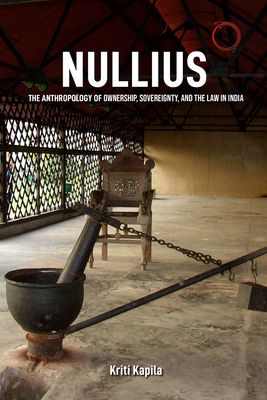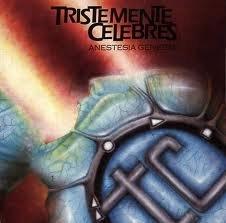
Kapila, Kriti
product information
description
0Nullius is an anthropological account of the troubled place of ownership and its consequences for social relations in India. The book provides a detailed study of three doctrinal paradigms where proprietary relations have been erased, denied, or misappropriated by the Indian state. It examines three instantiations of negation, where the Indian state de facto adopted the doctrines of terra nullius (in the erasure of indigenous title), res nullius (in acquiring museum objects), and, controversially, corpus nullius (in denying ownership of one's personhood in citizens' data collected through biometric identification). Nullius contends that even though property rights and ownership are a cornerstone of modern law, they are a spectral presence in the Indian case. This book will be of interest to scholars and students of the anthropology of the state, law, data, museums, legal history, intellectual property, cultural property, heritage, historical anthropology, and South Asia. It will also be of interest to non-academics working in the fields of data, data ethics, cultural property, intellectual property, and museum collections.
member goods
No member items were found under this heading.
Return Policy
All sales are final
Shipping
No special shipping considerations available.
Shipping fees determined at checkout.







